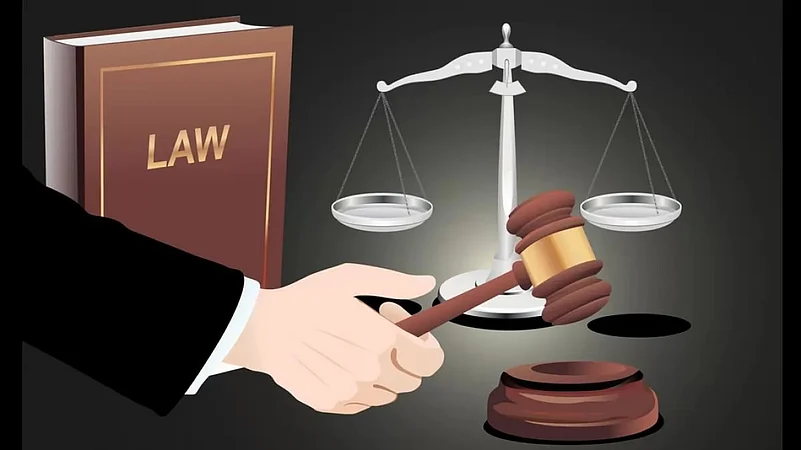Although getting access to a deceased's bank account by a legal heir isn't complicated, sometimes it can be difficult due to people's ignorance of the procedures, especially when nominee details are absent.
Rounik Saha, a third-year B.com college student, who recently lost his father, faced a similar situation: "My father died on the way to a hospital after a heart attack. He never shared details of his investments, bank accounts, others. I didn't know what to do or how to approach the bank."
Other people could face the same situation if they are ignorant about the processes if the family's breadwinner suddenly passes away without sharing the bank and other account details with them.
How To Access the Deceased’s Bank Account?
Anto George T, senior general manager of The South Indian Bank Limited, said the legal heirs must immediately intimate the bank about the death.
“Subsequently, the bank shall verify and, in due diligence, will freeze the debit transaction from the deceased’s account. Submission of documents by survivor, nominee, legal heirs, may be done subsequently after receiving the documents from the concerned authority,” George added.
He cautioned people that if they fail to notify the bank on time about the death of the account holder and banks come to know this information through its other sources, they may freeze withdrawal from the account without waiting for a written intimation from the legal heirs.

The Process
● After notifying the bank about the death, the bank will check for survivor/ nomination clauses. And if there is one, it will ask the nominee to settle the account, provided they have a death certificate and submitted a death claim application.
● If no survivor or nominee is added to the account, all the legal heirs of the deceased shall jointly submit a legal representation supported by a legal heir-ship certificate, family membership, relationship certificate, etc.
● After the bank receives all the documents, it will ask for a sanction letter and papers like a death claim application, indemnity application, notarized affidavit (in the absence of legal heir certificate), payment receipt, letter of authority, etc., from the state sanctioning authority.
How To Obtain The Documents?
The family member must know where and how to obtain the documents. However, the process with a nominee is easier.
Ankit Jain, partner, Ved Jain & Associates, a New Delhi-based law firm, said, “Being a nominee does not make one the beneficiary of such funds. A nominee is merely a custodian or a trustee of the funds. His responsibility is to transfer those funds to the legal beneficiary.”

Documentations Required
● Legal Heir Certificate: If a person dies intestate, their estate is passed on to the legal heir/successor. Abhinay Sharma, managing partner, ASL Partners, a New Delhi-based law firm, advises that people should get a legal heir certificate or a surviving member certificate from the district court or district magistrate courts to prove their legal status.
Besides legal heir certificates, Sharma advises people to get a succession certificate (for movable properties) and a letter of administration ( for movable and immovable properties).
● Succession Certificate: According to the Indian Succession Act 1925, a succession certificate is a legal document issued by the civil courts to establish the rightful claim of legal heirs when the person dies intestate. To get a succession certificate, one must file a petition before the civil court by furnishing documents like a death certificate and paying court fees. Also, a newspaper ad informing about the demise is required.
● Letter of Administration (LOA): LOA is a document issued by the court to give authority to a person to administer the estate of a deceased person. One needs to note that the jurisdiction of the property (movable or immovable) or where the dead person resided will determine which district judge will hear the petition for LOA.
For LOA, one must file a petition in a specific format in the appropriate court, pay the fees, and wait for any objections, if any, since the court would send the notification of the claim to all legal heirs. If nobody objects to the filed petition, the court will then grant an LOA.














